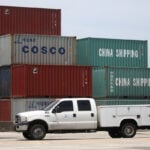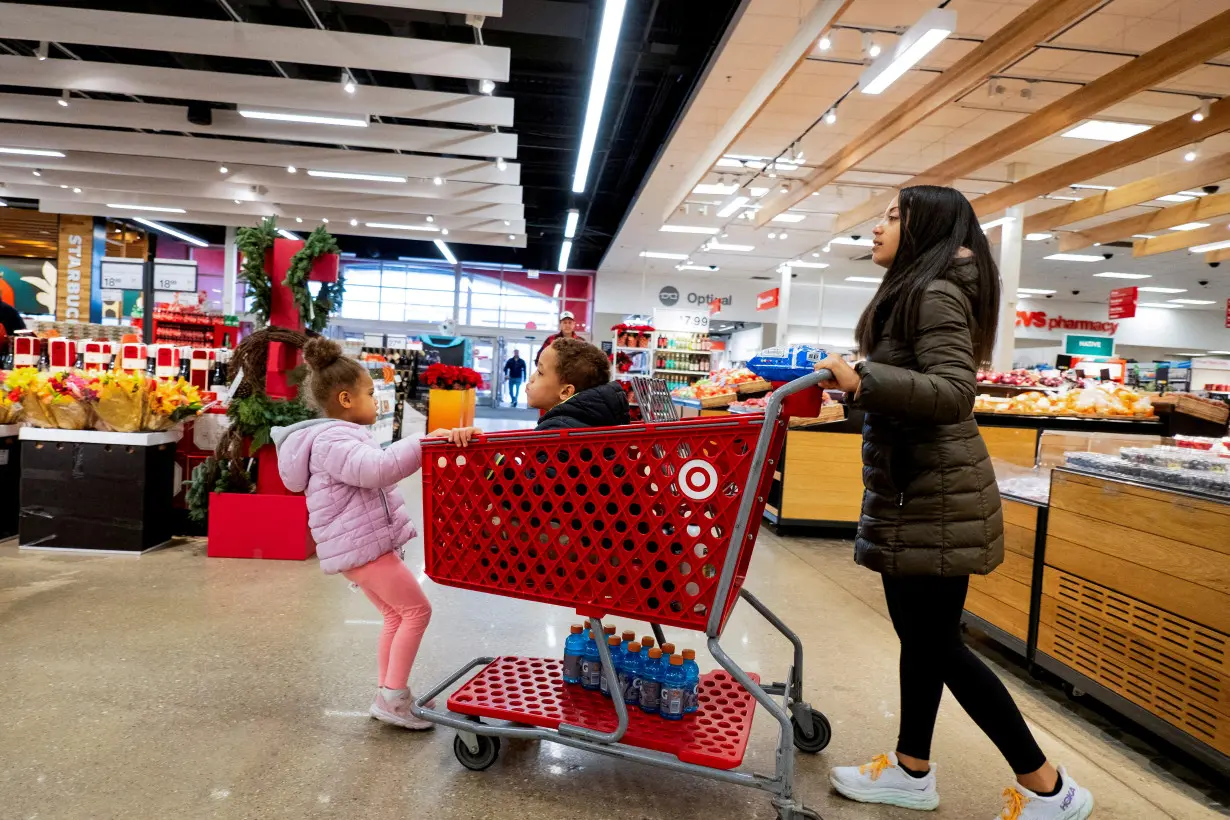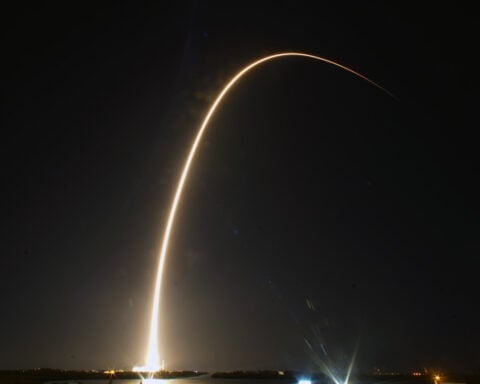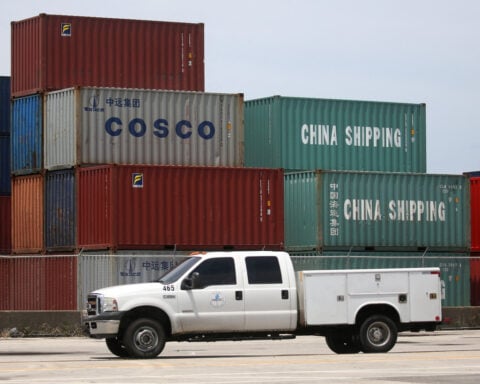By Siddharth Cavale
NEW YORK (Reuters) - U.S. retailer Target is experiencing some disruptions of shipments from India and Pakistan, a big region for apparel manufacturing, due to the crisis in the Red Sea, a source familiar with the matter told Reuters on Friday, calling the effect "minor" overall.
The company has faced delays in receiving some shipments, in line with the extended transit times that vessel operators are seeing, as it works with its shippers to redirect merchandise around the Suez Canal, the source said, adding the extra time and costs associated with re-routing were expected to be minimal.
Attacks on vessels in the Red Sea by the Iran-backed Houthi militia have disrupted trade on one of the world's most important shipping routes, adding between 10 and 15 days to transit times as ships take the safer route around southern Africa.
Many retailers around the globe are stocking up on goods and seeking air or rail alternatives in a bid to avoid empty shelves during spring.
Target is not thinking about using air freight at the moment, though it did so during the pandemic.
Target gets garments, plastic, toys and bath products among other things from suppliers in India and Pakistan, which are important sources for the U.S. retailer, according to its global factory list. These products are typically shipped through the Suez Canal.
While the Suez disruptions mainly affect Asia-to-Europe trade, about 30% of shipments to the U.S. East Coast go through the canal.
Most of Target's products, however, come from China and are shipped directly across the Pacific Ocean to West Coast ports, unaffected by the disruptions in the Middle East.
The company is also not seeing any impacts to spring merchandise, the source said.
(Reporting by Siddharth Cavale in New York; editing by Peter Henderson and Cynthia Osterman)

 UK inflation unexpectedly eases in December, which could reduce pressure in bond markets
UK inflation unexpectedly eases in December, which could reduce pressure in bond markets
 Body count from South African mine siege rises to 60
Body count from South African mine siege rises to 60
 US importers rush in goods from China as Trump tariff threat looms
US importers rush in goods from China as Trump tariff threat looms
 Novak Djokovic breaks a tie with Roger Federer for the most Grand Slam matches in tennis history
Novak Djokovic breaks a tie with Roger Federer for the most Grand Slam matches in tennis history
 China's RedNote: what you need to know about the app TikTok users are flocking to
China's RedNote: what you need to know about the app TikTok users are flocking to
 British author Neil Gaiman denies ever engaging in non-consensual sex as more accusers come forward
British author Neil Gaiman denies ever engaging in non-consensual sex as more accusers come forward








